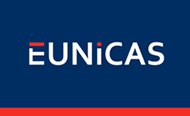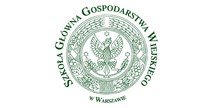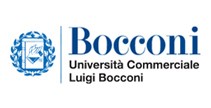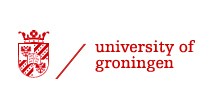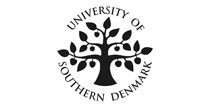Our Vision
As Europe approaches the era of the Bologna Process* whereby all EU member states, including Ireland, have committed to the full transferability of national qualifications, increasing numbers of Irish students are travelling abroad to study.
One of the principal barriers to students travelling abroad to study has been the lack of information. learnabroad.ie, and its sister siteswww.eunicas.ie and www.eunicas.co.uk , are at the vanguard of the new era of trans-national education and, through its services and high levels of support to students, their families and advisors, will facilitate entry to many excellent postgraduate programmes in Europe, and further afield.
Our Centralised Application Support Service
Learnabroad launched in 2011 a new Application Support Service for students seeking to apply to join undergraduate programmes, taught through English, in Europe. For a very modest fee [Eur 28 ] this service – EUNiCAS – supports students in their application to up to eight programmes, ensuring they can navigate safely the sometimes bewildering bureaucracies of a wide variety of admissions process. Go to www.eunicas.ie now.
Though EUNICAS listings are for undergraduate students, its association with www.learnabroad.ie means that postgraduate students can also avail of its services. See http://www.eunicas.ie/index.php/studying-abroad/postgraduate-programmes.html
Our People
Our services are lead by Guy Flouch who has 20 years experience of working with Irish and International third-level universities and colleges. In this time, Guy has gained a significant understanding of the study abroad market. particularly in high-demand programmes in Medicine and Veterinary Science. Through years of counselling both students and their parents, Guy has a track record of giving confidential and impartial advice and support in assisting students to evaluate their study options.
*The objective of the Bologna Process is to create the European Higher Education Area by making academic degree standards and quality assurance standards more comparable and compatible throughout Europe, in particular under the Lisbon Recognition Convention.

